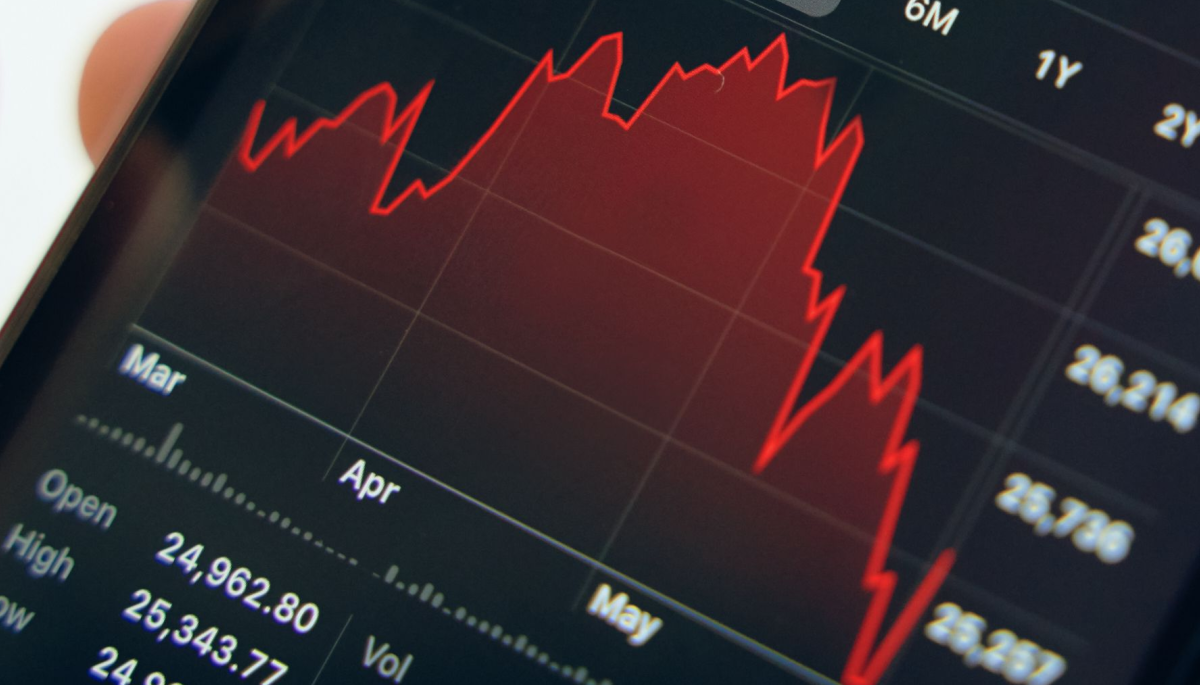The current atmosphere in the financial markets is heavily influenced by recent developments related to international trade policies, specifically the trade war initiated by former President Donald Trump. This scenario is causing a ripple effect across various asset classes, particularly in the cryptocurrency sector.
Impact of Trump’s Trade Policies on Financial Markets
As the impending implementation of new import tariffs scheduled for April 2nd looms, both the stock and cryptocurrency markets have shown signs of distress. President Trump has announced significant tariff increases, including a 25% tax on all imported cars and parts. This decision is expected to affect consumers, potentially leading to higher prices at dealerships and impacting manufacturing companies. Countries like the European Union, Japan, India, and Brazil may also face reciprocal tariffs, further complicating global trade relations.
Bitcoin’s Response to Market Uncertainty
Bitcoin (BTC) has experienced fluctuations as traders react to these uncertainties. After peaking around $88,000, the price started a downward trend, settling recently near $82,000. During the market’s tumultuous phases, Bitcoin even dipped as low as $81,300. As of now, BTC stands at approximately $81,930, reflecting a 1. 5% decrease. Traders are closely watching the market, hoping for bitcoin price stabilization above $81k, which may signal a potential recovery. Analysts suggest that a sustained performance above this threshold could attract renewed interest from institutional investors. Meanwhile, market sentiment remains cautious, as geopolitical factors and regulatory developments continue to loom overhead.
Broader Market Trends and Investor Sentiment
The current market environment is marked by an increase in fear, as reflected in the Fear & Greed index, which gauges investor emotions. The uncertainty surrounding Trump’s tariffs has shifted investor focus from riskier assets such as cryptocurrencies and technology stocks to ‘safe havens’ like gold, which has reached a new all-time high.
Ripple Effects on Altcoins
The repercussions aren’t limited to Bitcoin alone; other cryptocurrencies are also feeling the pressure. Ethereum (ETH) has dropped by 2.3%, currently at $1,798, while Ripple (XRP) has decreased by 5.3%, settling at $2.07. Similarly, Dogecoin (DOGE) is down by 4.1%, valued at $0.16, and Cardano (ADA) has seen a 5% decline, priced at $0.65. These downward trends illustrate the nervousness prevalent in the broader crypto market.
The Community’s Resilience Amidst Challenges
Despite the prevailing fear, some analysts are optimistic about the future trajectory of Bitcoin. Recent data indicates that over 30,000 BTC have been withdrawn from exchanges, a behavior typically associated with investor confidence in the cryptocurrency. Analysts also suggest that this may still be the early stages of a bullish cycle for Bitcoin, providing a glimmer of hope for holders and investors alike.
The upcoming tariff announcements serve as a reminder of the interconnectivity of global trade and financial markets, influencing everything from consumer spending to investment strategies. As stakeholders brace for the changes, the cryptocurrency community remains vigilant, adapting to curveballs thrown by international trade dynamics.
As the situation develops, it will be crucial for both casual investors and seasoned traders to monitor these trends closely, ensuring they are well-informed and prepared for the volatility that may lie ahead.



